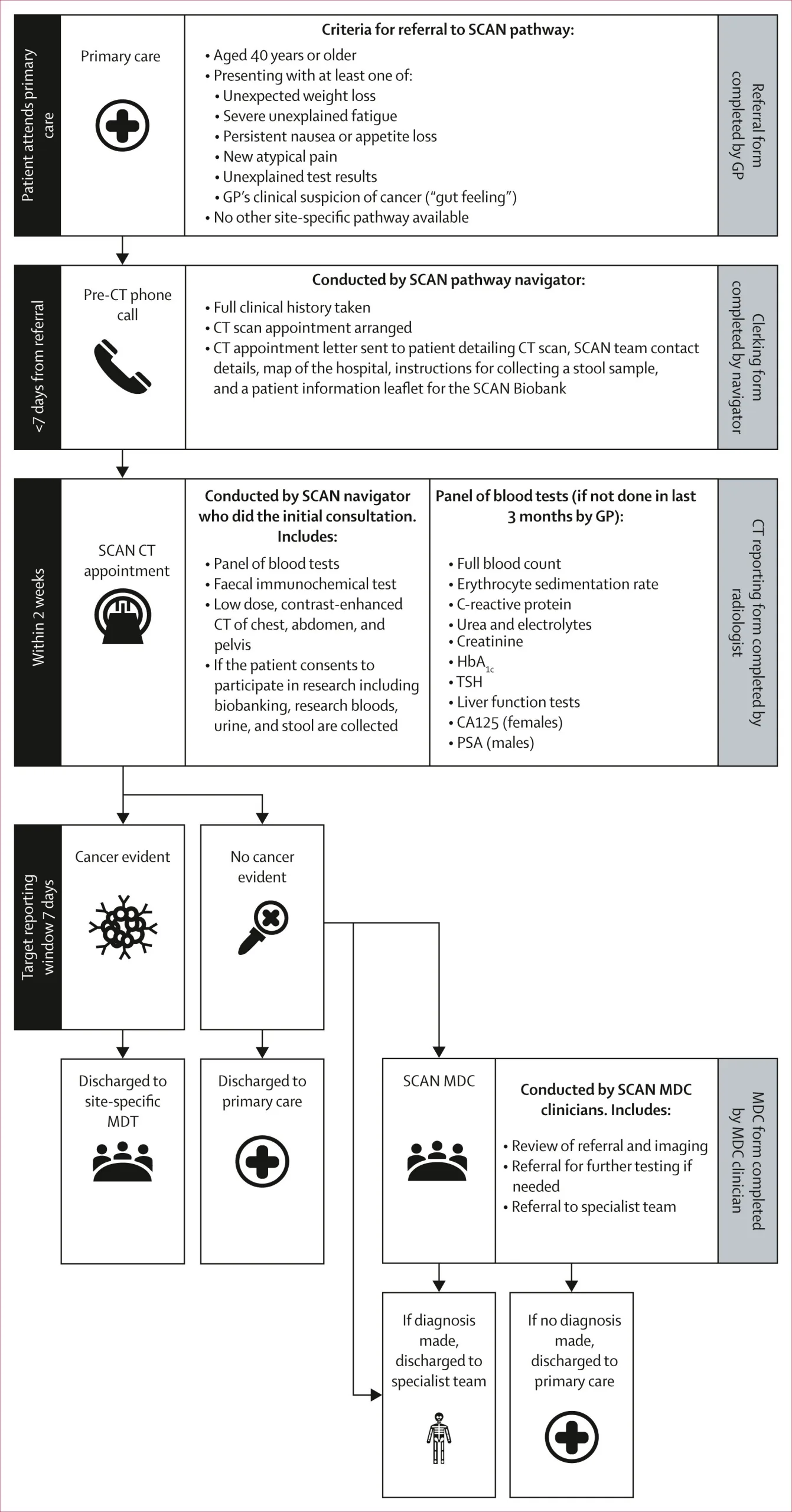Landmark UK Study Unravels Cancer Diagnosis Pathway for Non-Specific Symptoms
A groundbreaking study in the UK has delivered the most in-depth analysis so far of how patients with non-specific symptoms (NSS) are diagnosed with cancer. These symptoms, which include things like unexplained weight loss or persistent fatigue, can be tricky because they could point to many different health issues, from harmless conditions to advanced cancers. This makes it really hard for doctors to make quick and accurate diagnoses, especially in primary care settings.
The Challenge of Non-Specific Symptoms
Imagine feeling tired all the time or noticing you’re losing weight without trying. These are examples of NSS, and while they might not seem like a big deal at first, they can sometimes be a sign of something serious, like cancer. The problem is that these symptoms are so general that they could be caused by a whole host of things, making it difficult for doctors to pinpoint the real problem right away.
- Non-specific symptoms can be vague and easily overlooked.
- They can mimic symptoms of less serious conditions.
- This often leads to delays in diagnosis and treatment.
What the Study Reveals
This major UK study shines a light on the journey patients take from the moment they first experience these non-specific symptoms to the point of diagnosis. By understanding this pathway better, researchers hope to identify ways to improve the speed and accuracy of cancer diagnoses.
Key Areas of Focus:
- Analyzing patient data to identify patterns and risk factors.
- Evaluating the effectiveness of different diagnostic tests.
- Identifying potential bottlenecks and delays in the system.
Why This Research Matters
This study has the potential to significantly impact cancer care. By providing a clearer understanding of the diagnostic pathway for non-specific symptoms, it can help doctors make more informed decisions, leading to earlier and more accurate diagnoses.
Potential Benefits:
- Faster access to treatment for cancer patients.
- Reduced anxiety and uncertainty for patients experiencing NSS.
- Improved outcomes and survival rates.
Final Overview
In conclusion, this UK study represents a major step forward in our understanding of cancer diagnosis for patients with non-specific symptoms. The findings will be crucial in developing strategies to improve diagnostic pathways, ultimately leading to better care and outcomes for individuals at risk of cancer. The focus is on making the journey from symptom to diagnosis smoother and faster, ensuring that those who need treatment receive it as quickly as possible.



+ There are no comments
Add yours